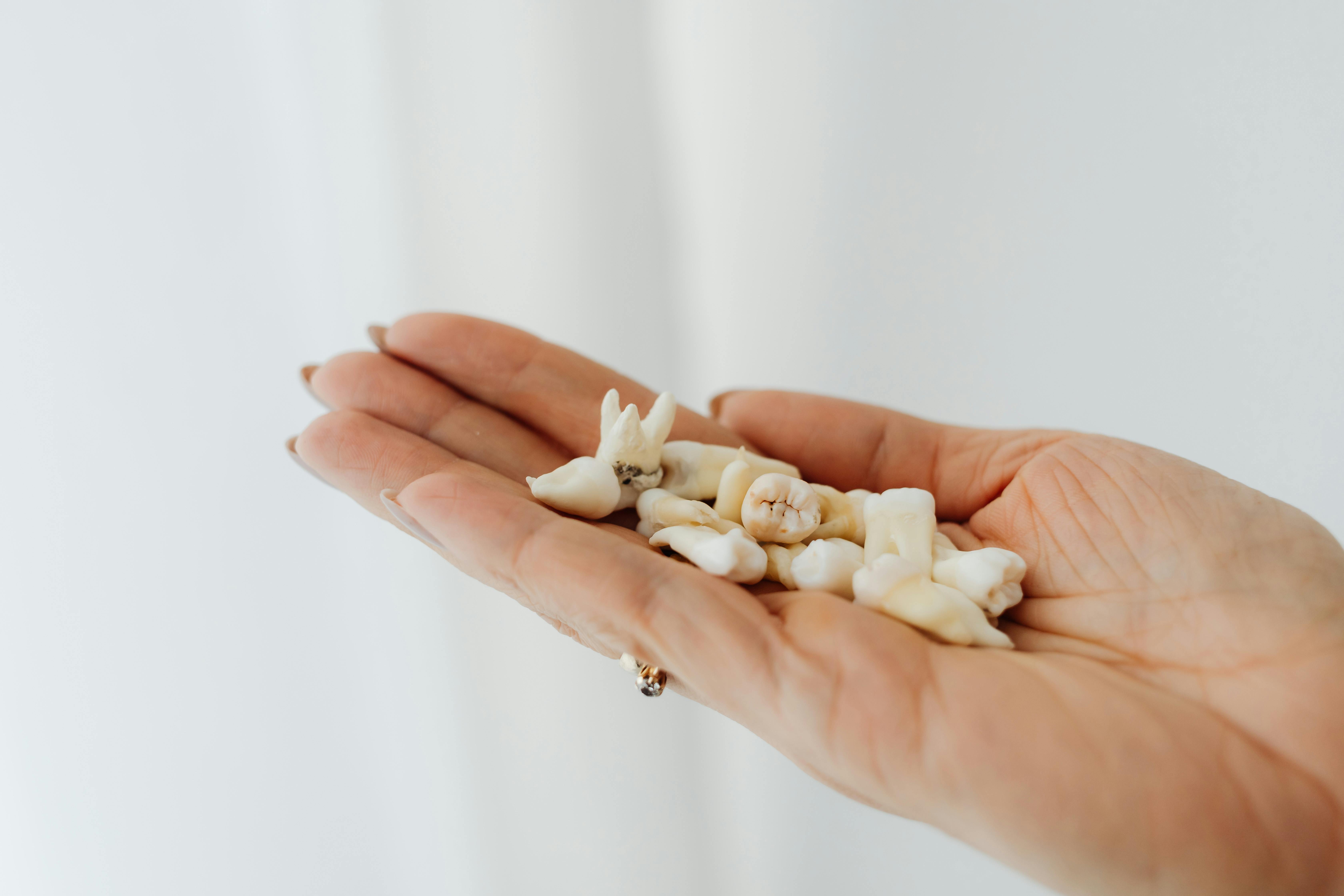How to Tell If You’re Overbrushing: Signs and Solutions
How to Tell If You’re Overbrushing: Signs and Solutions
Brushing your teeth twice a day is essential for good oral hygiene—but did you know that brushing too hard or too often can actually harm your teeth and gums? It’s called overbrushing, and at Gargi’s Dental Care, Kolkata, we often see patients who are unknowingly damaging their smile in the name of cleanliness.
Here’s how to tell if you’re overbrushing, what it does to your teeth, and how to brush the right way.
What Is Overbrushing?
Overbrushing doesn’t always mean brushing too often—it can also mean brushing with too much force, using the wrong toothbrush, or brushing with poor technique. Whether manual or electric, aggressive brushing can wear away enamel and cause gum recession over time.
Signs You Might Be Overbrushing
1. Receding Gums
If your gums appear to be pulling away from your teeth or your teeth look longer than before, overbrushing could be the cause. Recession exposes the sensitive roots of your teeth and increases the risk of decay and sensitivity.
2. Tooth Sensitivity
Are you feeling discomfort when eating hot, cold, or sweet foods? That could be a sign of enamel erosion or exposed roots due to harsh brushing.
3. Visible Notches Near the Gumline
Small V-shaped grooves at the base of your teeth may indicate abrasion—often a result of brushing too hard with a hard-bristled brush.
4. Bleeding Gums (Without Plaque Buildup)
While bleeding gums are often a sign of gum disease, in some cases, it can also mean your brushing technique is too aggressive.
5. Frayed Toothbrush Bristles
If your toothbrush bristles start fraying within a few weeks, it’s a red flag. A toothbrush should last about three months if used gently and correctly.
The Right Way to Brush Your Teeth
Use a Soft-Bristled Brush
Always choose a soft-bristled toothbrush. Hard or medium bristles can erode enamel and irritate your gums.
Be Gentle
You don’t need to scrub like you’re cleaning a stain. Use light pressure—just enough to remove plaque. Let the bristles do the work.
Use the Right Technique
Hold your brush at a 45-degree angle toward the gumline and use small, circular motions. Avoid sawing back-and-forth movements.
Limit Brushing to Twice a Day
Brushing more than twice daily is usually unnecessary unless advised by a dentist. Too much brushing can weaken enamel over time.
Don’t Rush
Brush for a full two minutes—30 seconds per quadrant. It’s not about speed; it’s about consistency and coverage.
Alternatives That Help Without Causing Damage
If you're prone to overbrushing, switching to an electric toothbrush with a pressure sensor can be a game-changer. These brushes automatically alert you when you're applying too much pressure, making your routine safer for enamel and gums.
You can also add fluoride mouthwash to your routine for extra protection without the abrasion.
What to Do If You Think You’ve Overbrushed
If you’ve noticed signs like receding gums, notches in teeth, or increased sensitivity, it’s best to schedule a dental check-up. Early intervention can prevent long-term damage. At Gargi’s Dental Care, we can assess the extent of abrasion, recommend desensitizing treatments, and guide you on safe brushing techniques for your specific needs.
Brush Smarter, Not Harder
Brushing your teeth shouldn’t hurt your smile. With the right tools and technique, you can clean effectively without causing damage. Your teeth are strong—but your enamel and gums need gentle care.
Concerned About Your Brushing Habits?
We’re here to help. At Gargi’s Dental Care, Kolkata, we offer personalised oral hygiene coaching during every check-up. Whether you’re unsure about your technique or struggling with sensitivity, we’ll help you get back on track with a smile that’s both clean and protected.
Book your appointment today


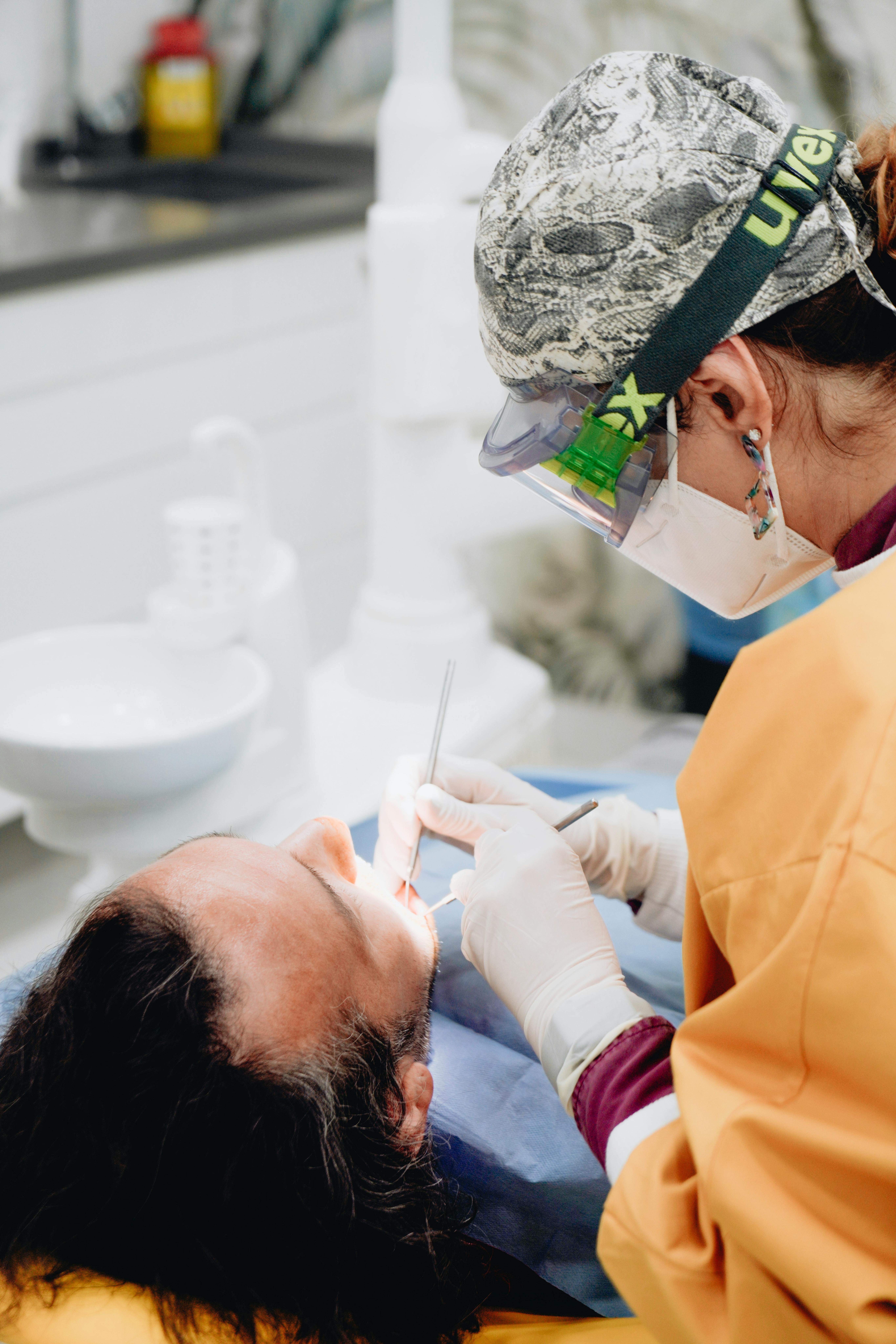
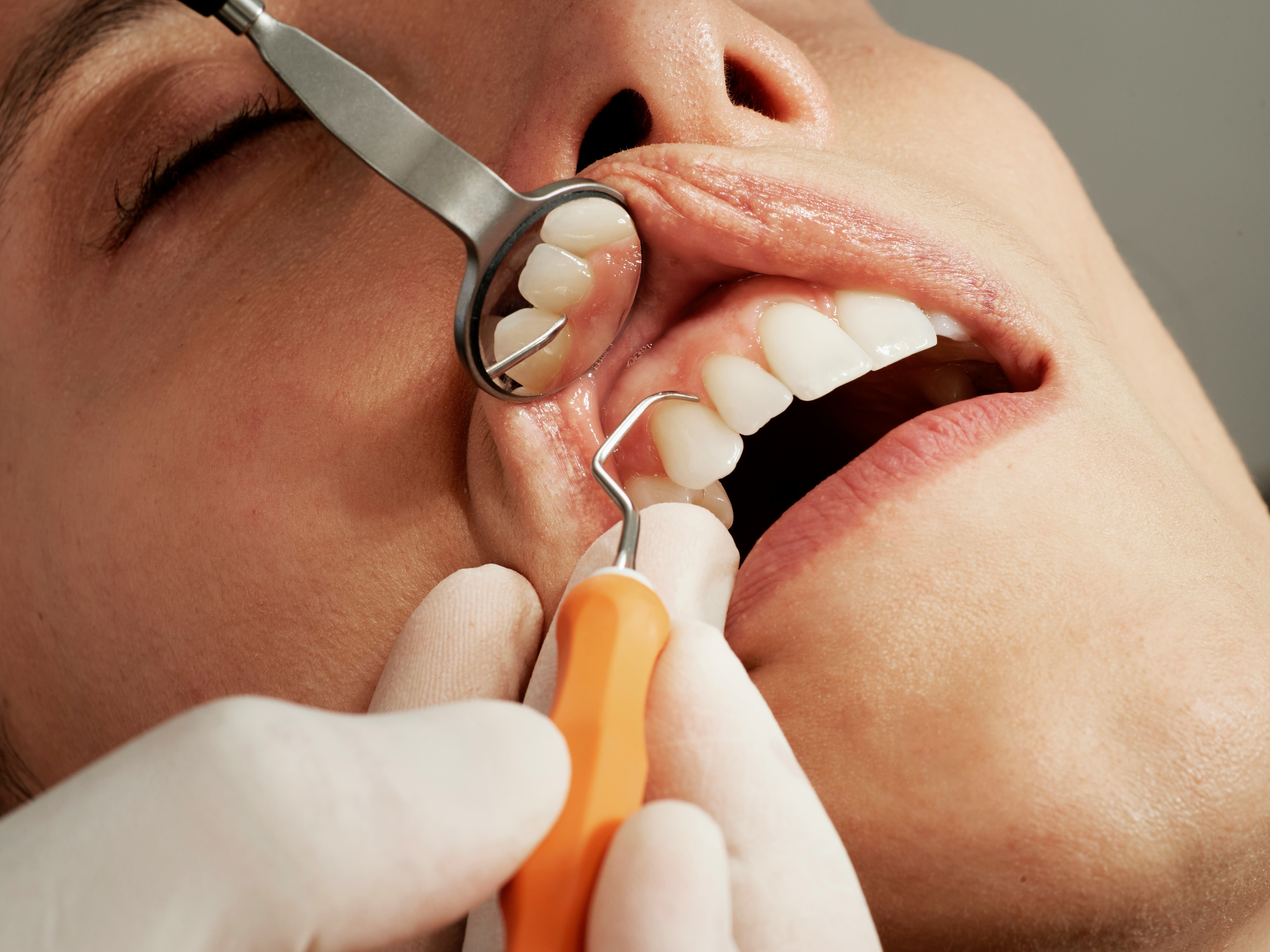
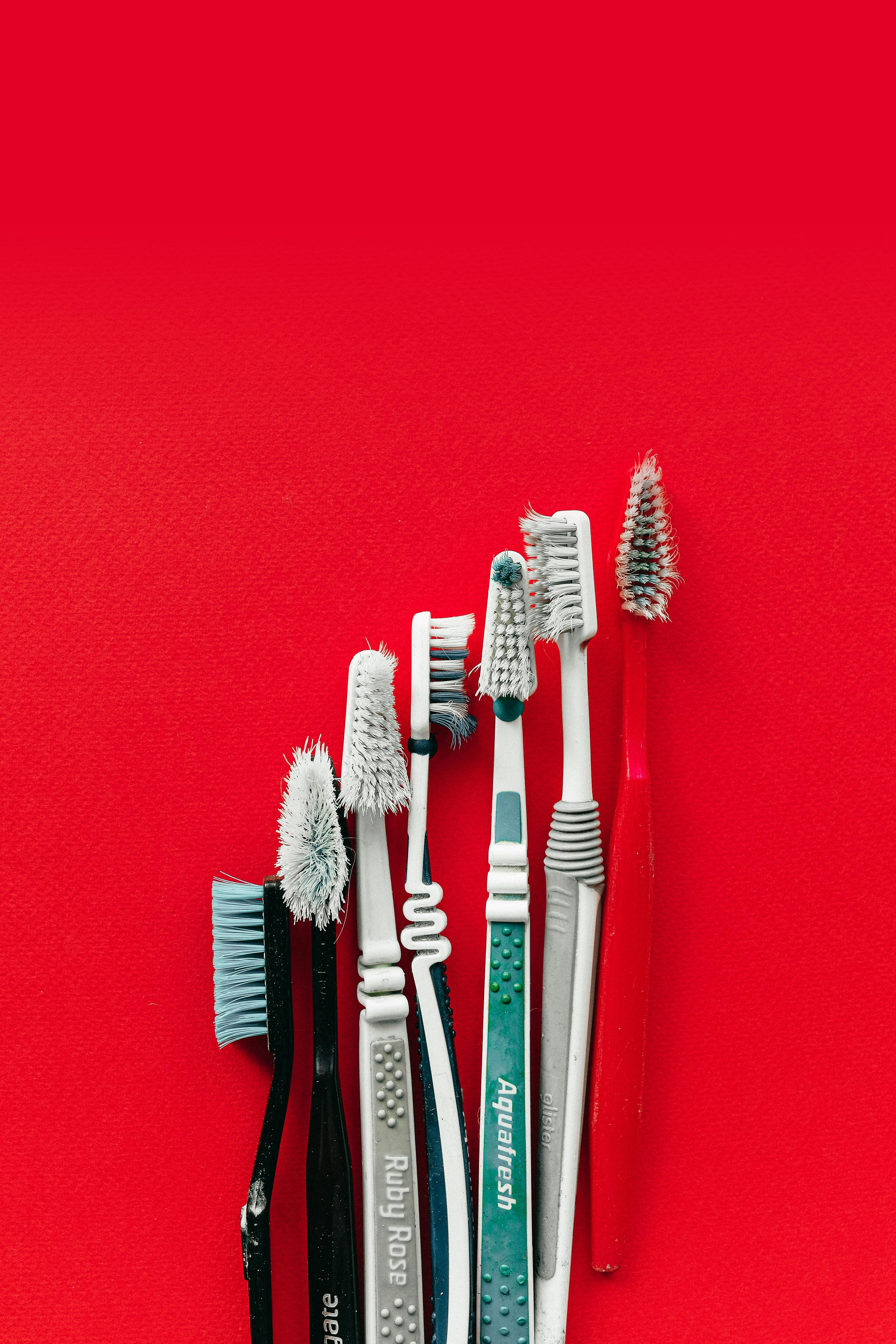

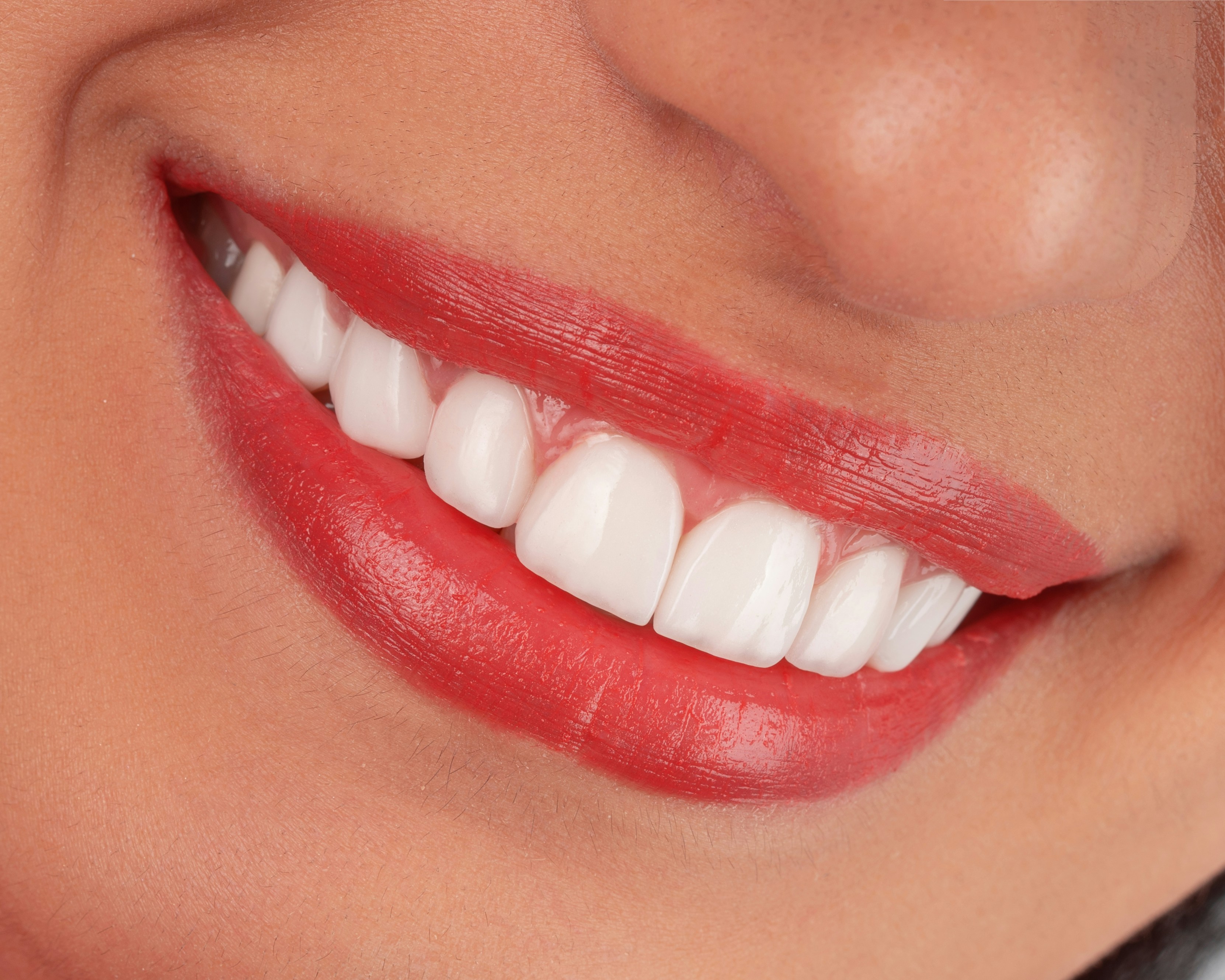
.jpg)
